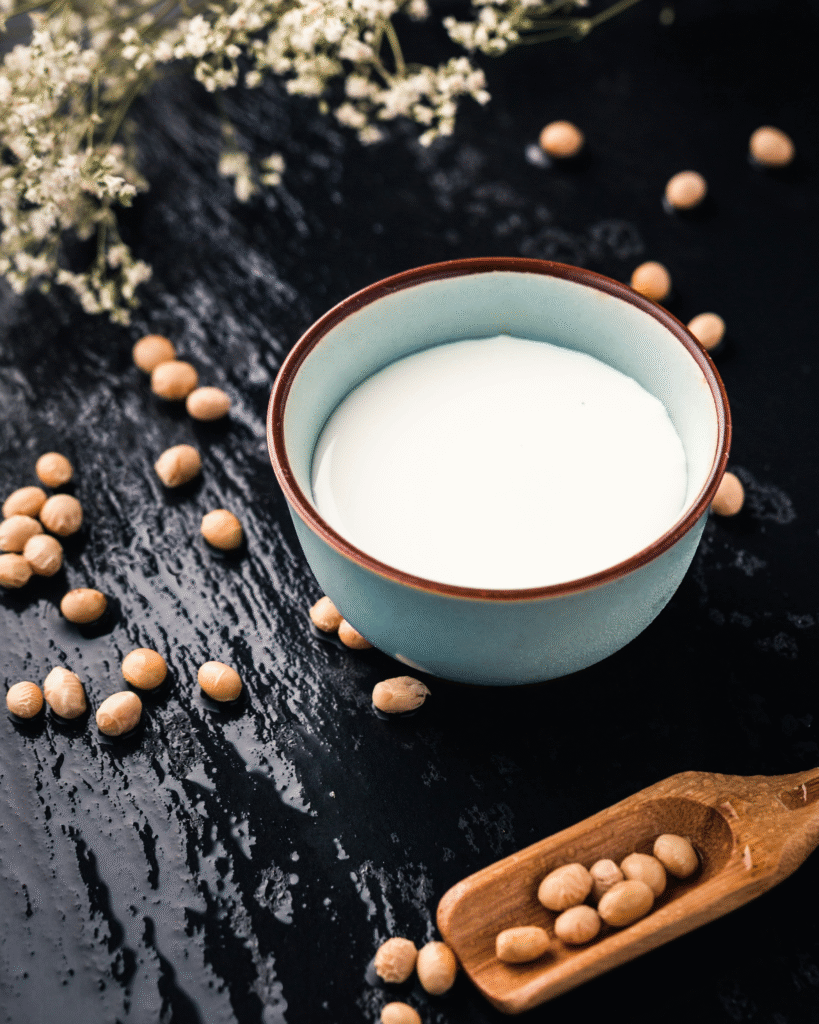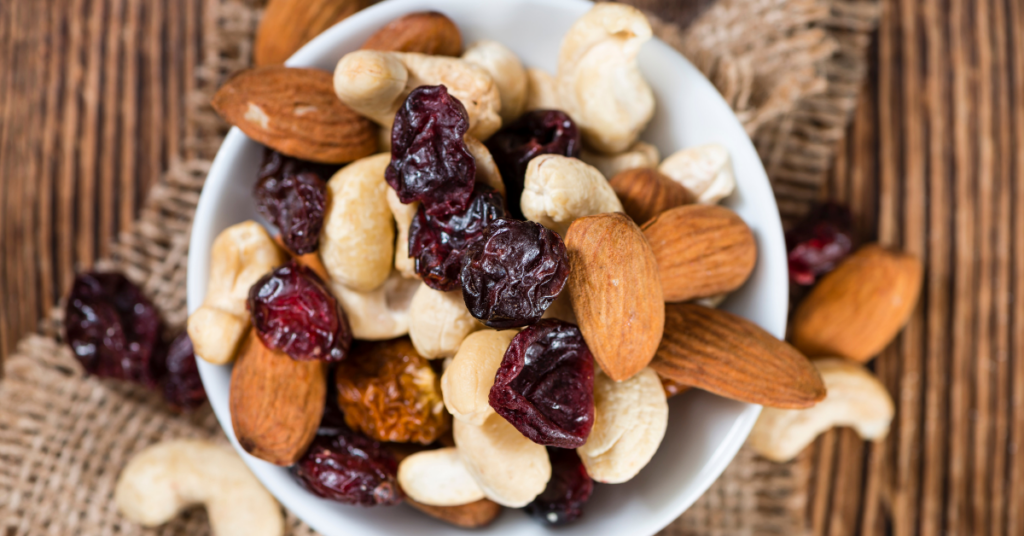
Article At a Glance:
- Soy protein is a high-quality plant protein and, compared to many other plant protein options, provides a more optimal balance of all nine essential amino acids.
- Taking it one step further, NutriMatch™ is an efficient blend of plant-based proteins that provide a near-perfect match to human muscle for optimal recovery and health.
So you’ve decided to ditch the whey and give plant-based protein a try, let’s break down why NutriMatch™ outperforms a soy protein powder on its own.
The Basics
Soybeans are one of the most popular sources of protein across the globe. While you can eat them whole as edamame, soybeans are also processed to make foods like tofu, tempeh, soymilk, and protein powder. Nutritional content varies depending on which food you are eating, but soy is generally a good source of protein, fiber, vitamins and minerals, and fatty acids.
LiveComplete protein isn’t limited to one source like soy. NutriMatch™ combines complementary plant sources to create a full-spectrum amino acid profile. Our precision formulation includes protein from peas, beans, and seeds to ensure you are getting exactly what your body needs.
Complete Amino Acid Profile
The amino acid profile of soy is similar to that of animal proteins like meat, milk, and eggs. However, soybean protein contains lower amounts of methionine (many plant proteins are limiting in one or more essential amino acids). Methionine is used to build protein and other molecules, like antioxidants and DNA.
NutriMatch™ combines complementary plant sources to create a full-spectrum amino acid profile. This means LiveComplete protein powder has all the amino acids you need in optimal amounts. Unlike soy protein powder on its own, LiveComplete has enough methionine to support your body’s needs.
Digestibility and Tolerance
While they do provide health benefits, soy foods or products don’t work for everyone. Some people may experience stomach problems like bloating, constipation, or diarrhea. In more severe cases, soy can trigger an allergic reaction.
NutriMatch™ sidesteps this issue by using plant-based ingredients that are naturally free from common allergens, including soy. The formulation is designed to be easy on digestion, making it a reliable daily option.
Versatility for Daily Use
The quality of soy protein is affected by cooking. When the soy protein is heated, it degrades, reducing its nutritional value. Soy protein powder is often added to smoothies or shakes. However, it may not be the best choice for baking due to taste and texture. Soy often has a nutty taste and a grainy texture.
LiveComplete protein powder makes meeting your protein goals easy. A scoop can be added seamlessly to your breakfast, snacks, or baked goods. The possibilities are endless.
LiveComplete Takeaway
While soy protein is a solid source of protein, it does present some drawbacks. It lacks some amino acids and may not be tolerated by everyone. NutriMatch™
Sources:
- Kudełka, W., Kowalska, M., & Popis, M. (2021). Quality of Soybean Products in Terms of Essential Amino Acids Composition. Molecules (Basel, Switzerland), 26(16), 5071. https://doi.org/10.3390/molecules26165071
- Navik et al., (2021). Methionine as a double-edged sword in health and disease: Current perspective and future challenges. https://www.sciencedirect.com/science/article/abs/pii/S1568163721002476
- Qin P et al., (2022). A review on plant-based proteins from soybean: Health benefits and soy product development. https://www.sciencedirect.com/science/article/pii/S2666154321001678



